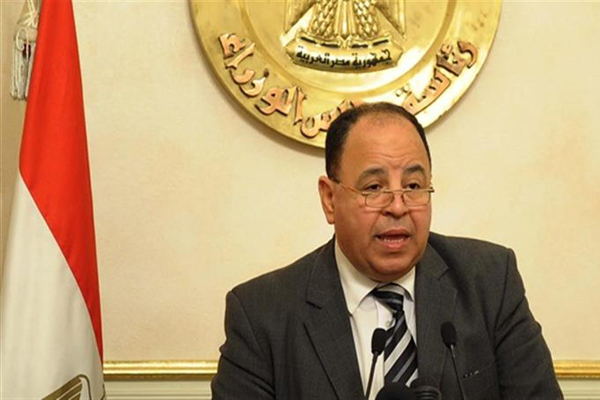Three new ministers were appointed to economy-related portfolios in last week’s cabinet reshuffle. Mohamed Maait replaced Amr Al-Garhi as minister of finance, Hisham Tawfik succeeded Khaled Badawi as minister of public enterprises and Amr Nassar took over as minister of trade and industry, replacing Tarek Kabil.
Coming at a time when Egypt is embarking on a wide-ranging economic reform programme that has seen subsidies slashed, the pound floated and new taxes introduced, the appointment of the three ministers inevitably raised questions about what each would contribute to the ongoing programme.
According to Amr Al-Alfi, head of research at the Shuaa asset management company, the public enterprises sector, covering tens of state-owned companies slated for privatisation, is an area on which investors have their hopes pinned.
Tawfik, the new minster, will need to restructure this sector, says Al-Alfi. “The restructuring will have to involve structural changes in management and financing systems as well as moving forward on the government’s plan to put more companies on the stock exchange.
“Investors see this plan as a key to stimulating the stock market and supporting a number of sectors in the market through the promotion of major companies in these sectors — profitable companies, of course, for otherwise their shares could not be put on the market to begin with.

Mohamed Maeet, Egypt's new minister of finance
“Al-Garhi said in March the government aimed to raise $80 billion by putting 15 to 30 per cent of the shares of government banks and companies on the stock exchange over a period of 24 to 30 months.
“Al-Garhi also told Reuters Egypt planned to market the shares of four to six government firms in 2018 in order to raise LE12-15 billion, a process that would begin in September with the petroleum company Enppi.
“Observers hope the new finance minister, who was deputy to the outgoing minister of finance for the last two years, will spearhead tax reform, including expanding the taxpayer base by targeting the informal sector instead of continuing to draw more tax revenues from the same taxpayers.”
For investors, targeting the informal sector would signal that “the government will not encroach on the interests of investors again, even if indirectly, as occurred with the imposition of VAT which raised the costs of production in a manner that had an undeniable impact on local demand due to rising inflation rates.”

Amr Nassar, Egypt's minister of trade and industry
In 2016, parliament passed legislation introducing a 13 per cent VAT to replace the 10 per cent sales tax. The new law stipulated that the VAT would increase to 14 per cent in 2017, as part of an array of measures intended to secure an IMF loan.
The new tax, together with other austerity measures, triggered an acute and protracted rise in inflation which peaked in July 2017.
Economic expert Riham Al-Desouki says investors believe one of the new finance minister’s highest priorities must be to follow through on the “reform programme” — linked to the agreement with the IMF to reduce public expenditures and increase revenues in order to reduce the national deficit — since the programme will release resources for infrastructural development.
“The expansion of the social security network seems to offer a sign that the government is genuine in its intention to move forward and reduce subsidies on petroleum products for example,” Al-Desouki told Al-Ahram Weekly.
The announcement of the first reduction of subsidies on oil and gas in 2014/2015 coincided with the official launch of the government’s Takaful and Karama (Solidarity and Dignity) programmes, part of the social safety net system.
Al-Desouki says exporters will be hoping the new minister of trade and industry will act to eliminate bureaucratic obstacles hampering imports needed for production.
“There was a belief — unfounded — that floating the Egyptian pound would by itself solve the hard currency crisis and overcome problems afflicting exports. In reality, the most salient obstacles lie in bureaucratic details, such as delays in export promotion payments.”
The floating of the Egyptian pound in 2016 stimulated a rise in non-petroleum exports from $3.5 billion in 2015/2016 to $4.6 billion in 2016/2017, according to Central Bank figures. But Al-Desouki points out, “this export sector is limited to a small number of companies.”
“Small- and medium-sized companies, in particular, face difficulties in penetrating the export market due, for example, to weak marketing. Such problems could be addressed through bodies that represent these companies and that fall under the supervision of the minister of trade and industry.”
*A version of this article appears in print in the 21 June 2018 edition of Al-Ahram Weekly under the headline: Some heavy economic lifting
Short link: